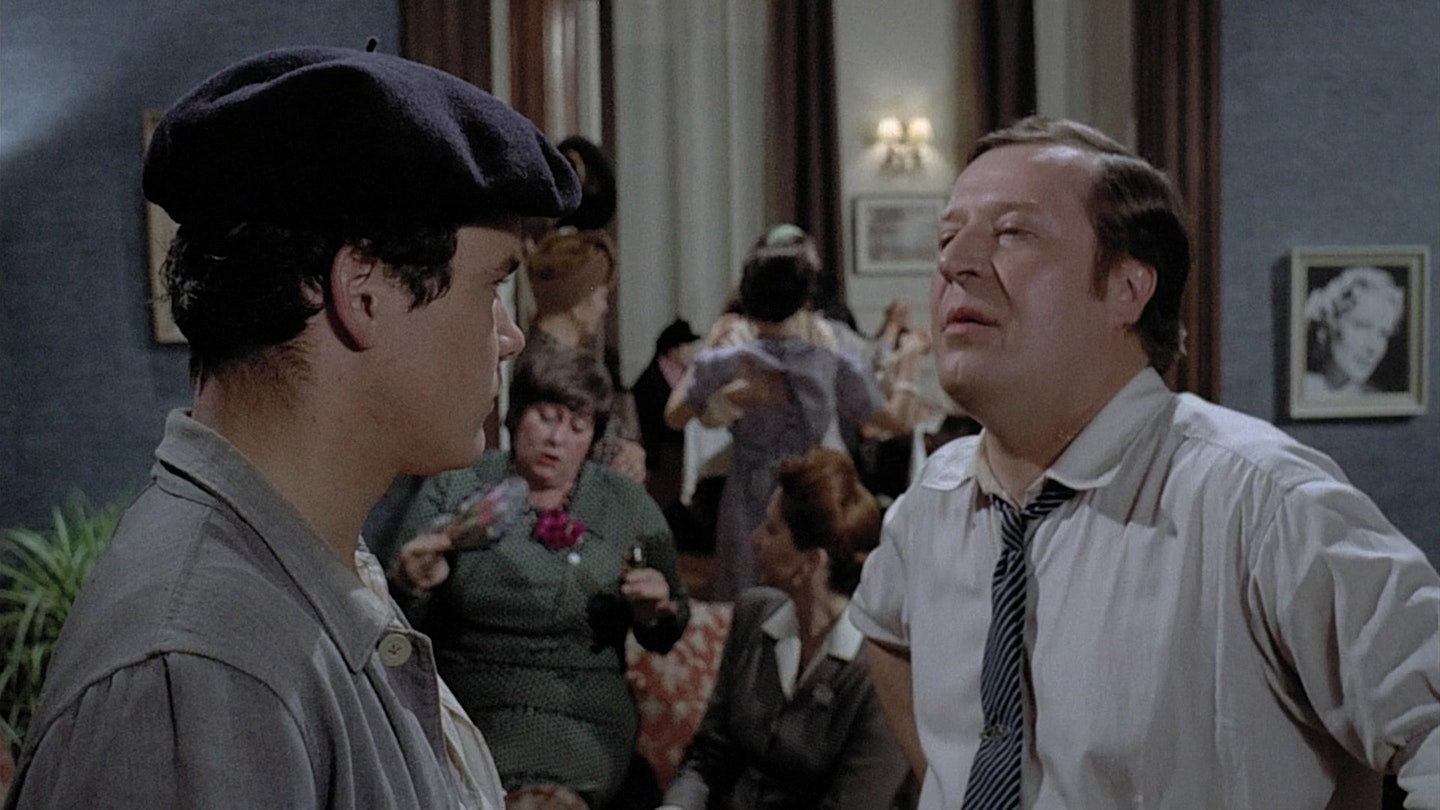Having shocked polite society with his study of incest, Le Souffle au Coeur, Louis Malle might have been advised to keep a lower profile with his next picture. However, he opted to explore the nature of collaboration and for his setting he chose rural France during the Second World War - having thought better of focusing on either the right-wing workers paid by the Mexican government to disrupt student demonstrations in the late 1960s or the lower classes who abetted the French during the Algerian War.
However, even though he was aware of the sensitivity of his subject, Malle could never have anticipated the storm of protest that greeted this compelling character drama and persuaded him to spend the next 13 years working in North America. It was very much to his credit, therefore, that he chose the Occupation as the scene for his homecoming film, Au Revoir, Les Enfants (1987).
The main reason for Lacombe, Lucien's unpopularity was Malle's refusal to take sides at a time when Vichy's scars were still acutely painful. By limiting Lucien's education and making him the product of a broken home (his mother had taken a lover while his father was in a German camp), Malle presents him as a victim of his times rather than the incarnation of wickedness. Indeed, Malle's preoccupation is with the banality of evil and the part that chance plays in shaping human and historical destiny and not with the ideology or opportunism that prompted so many to betray their country. Moreover, he implies an elitism about the Maquis that causes it to reject the dullard teenager's services and suggests that a desire for affirmation rather than any political conviction turned Lucien into an accidental collaborator.
Consequently, there's a Renoiresque feel to Malle's contention that everyone has reasons for their actions and, thus, Lucien's capricious revenge on the Resistance finds echo in Horn's defiant gesture of surrender, as he ends his interminable confinement by dining in a restaurant filled with Nazi officers.
